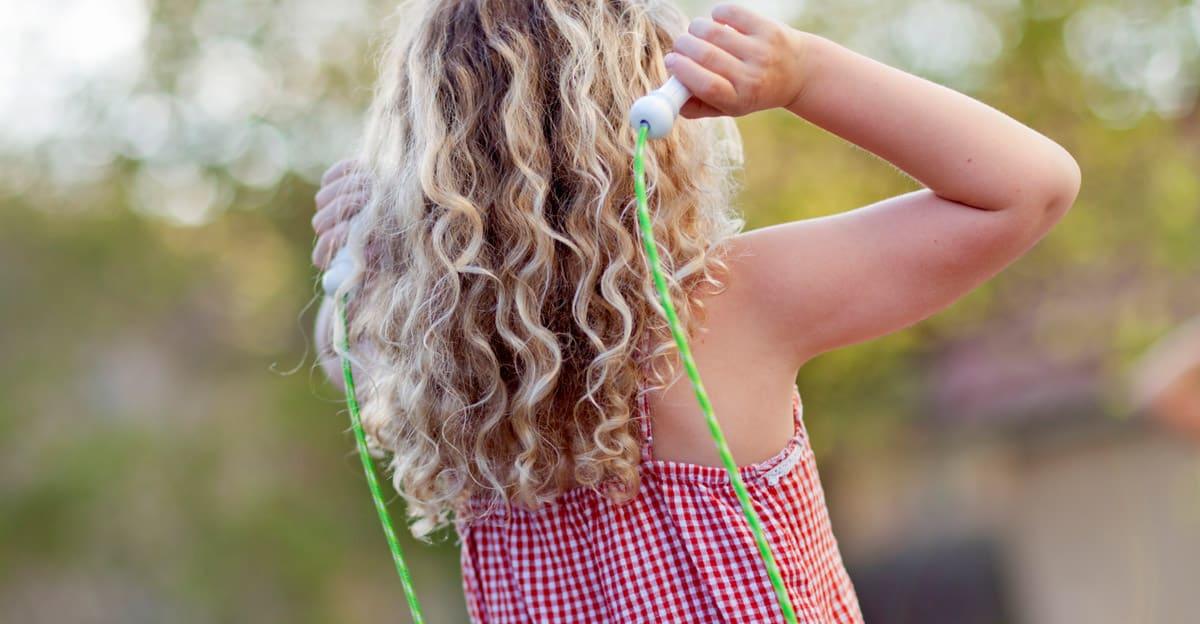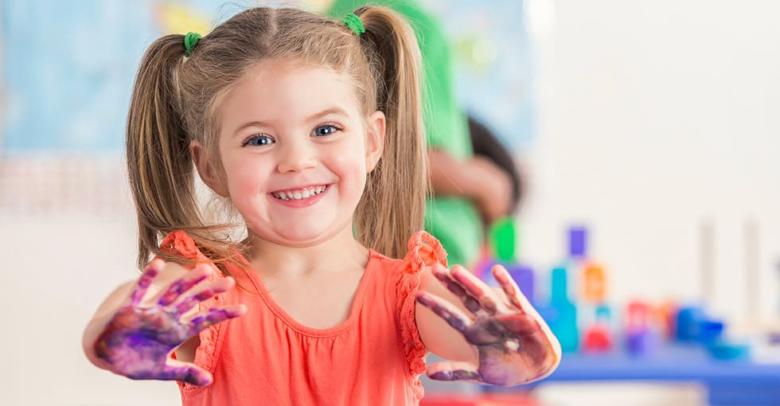As a parent, sometimes the things you hear experts say about children’s health, and the things you observe in your own kid(s), can seem conflicting. You’ve likely heard about initiatives to increase physical education programs in elementary schools. Yet, when you witness your own elementary-age kids speeding around the kitchen in a game of tag with the family cat, it certainly seems like they have limitless energy. At this age, do they really need a program to get them to be active?
3 Reasons Why Kids Need Physical Activity
Your kids may not need any help being active (your exhausted pet can likely attest to this); but they won’t learn about nutrition, fitness, and the importance of a healthy lifestyle on their own. Here’s why it’s so important to teach your kids the importance of physical activity, especially when they’re young.
Promoting Lifelong Fitness
For years, studies on childhood obesity and the importance of health and wellness on development have painted a clear picture of the ways children can benefit from physical activity.
According to the Centers for Disease Control and Prevention (CDC), the childhood obesity rate has more than doubled for both preschool children (ages 2-5) and adolescents (ages 12-19). For children between the ages of six and eleven, the rate has tripled. Obese adolescents are also more likely to develop prediabetes, a condition in which blood glucose levels indicate a high risk for development of diabetes, as well as bone and joint problems.
While encouraging physical activity is the first step to combating childhood obesity, educating our children about fitness is the step that will carry them into healthy adulthood. Curriculum-based physical education programs teach kids how to exercise, using safe and proper techniques, and how to keep their muscles and hearts strong.
When we teach our kids about health and wellness at a young age, and build a positive association around being active, they are much more likely to develop healthy habits that continue throughout their lives.
Boosting the Brain
There’s more to physical activity than just keeping your body fit, it also keeps your brain fit. Scientists have discovered a link between physical fitness and brain functionality in children. Researchers found that the brains of children who are more fit have a bigger hippocampus (the region of the brain connected to memory). These kids performed better on memory tests and activities than their less-fit peers.
The cognitive benefits of PE extend into common core subject learning. Multiple studies have found an association between physical activity and increased concentration during school lessons. Several studies have researched the link between physical activity and cooperative learning, a teaching strategy in which groups of students work together to improve their understanding of a particular subject. Children learn the importance of team-building and collaboration through physical activities.
Eating Right
A big part of physical activity is teaching kids how to make healthy choices for their bodies, and that includes food choices. A comprehensive physical education curriculum includes lessons about nutrition and diet, teaching children (at levels they can understand) why certain foods are good for their bodies.
We know that a nutritious diet is important for growth and development; but it’s easy to forget the true impact that poor nutrition can have on a growing child. Young kids who lack nutrients in their diets are often more susceptible to illness, have trouble focusing, and sometimes show emotional side effects.
Physical education teaches kids about the importance of various food groups, and how they interact with every area of the body from your bones and heart, to your brain and even your mood. Learning how to make smart food choices will help your children as they get older and need to make more choices on their own.
It also plays a substantial role in shaping children’s health and development, teaching them valuable life skills in fitness, focus, nutrition, and social interactions. A good understanding of these topics can make the difference between your child growing into a healthy adult, or falling into lifelong unhealthy habits.






Leave a Reply